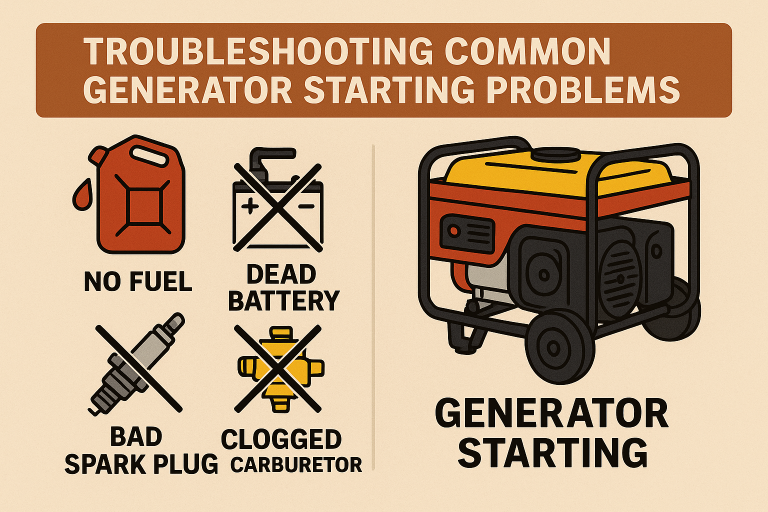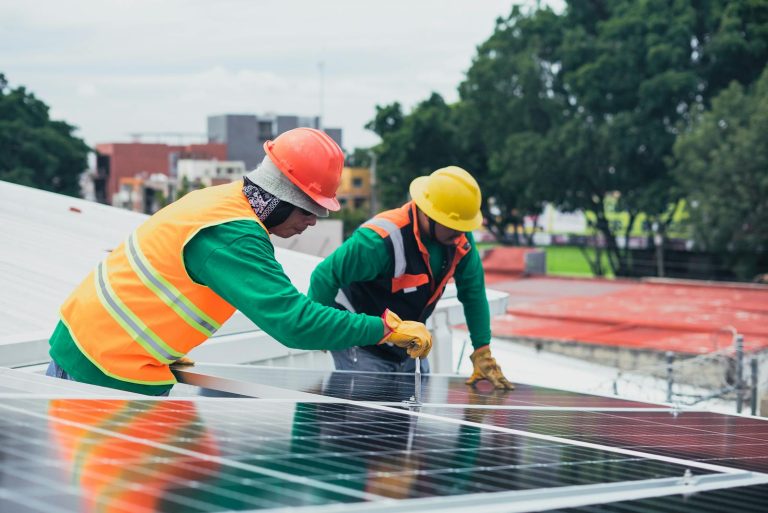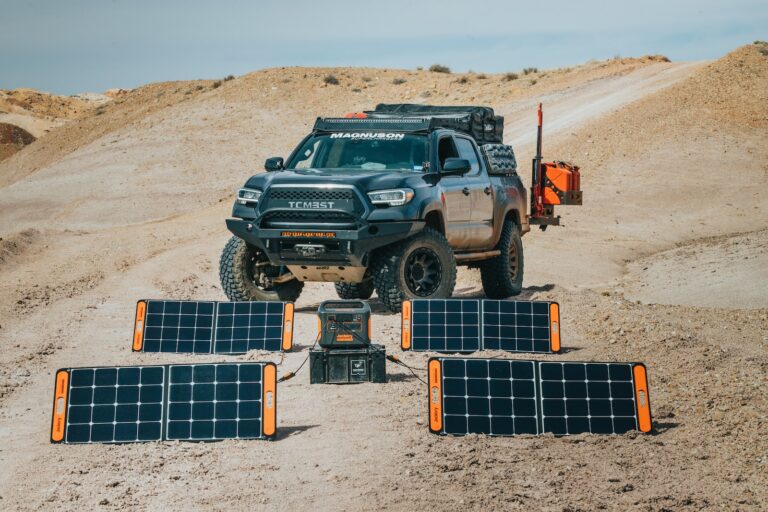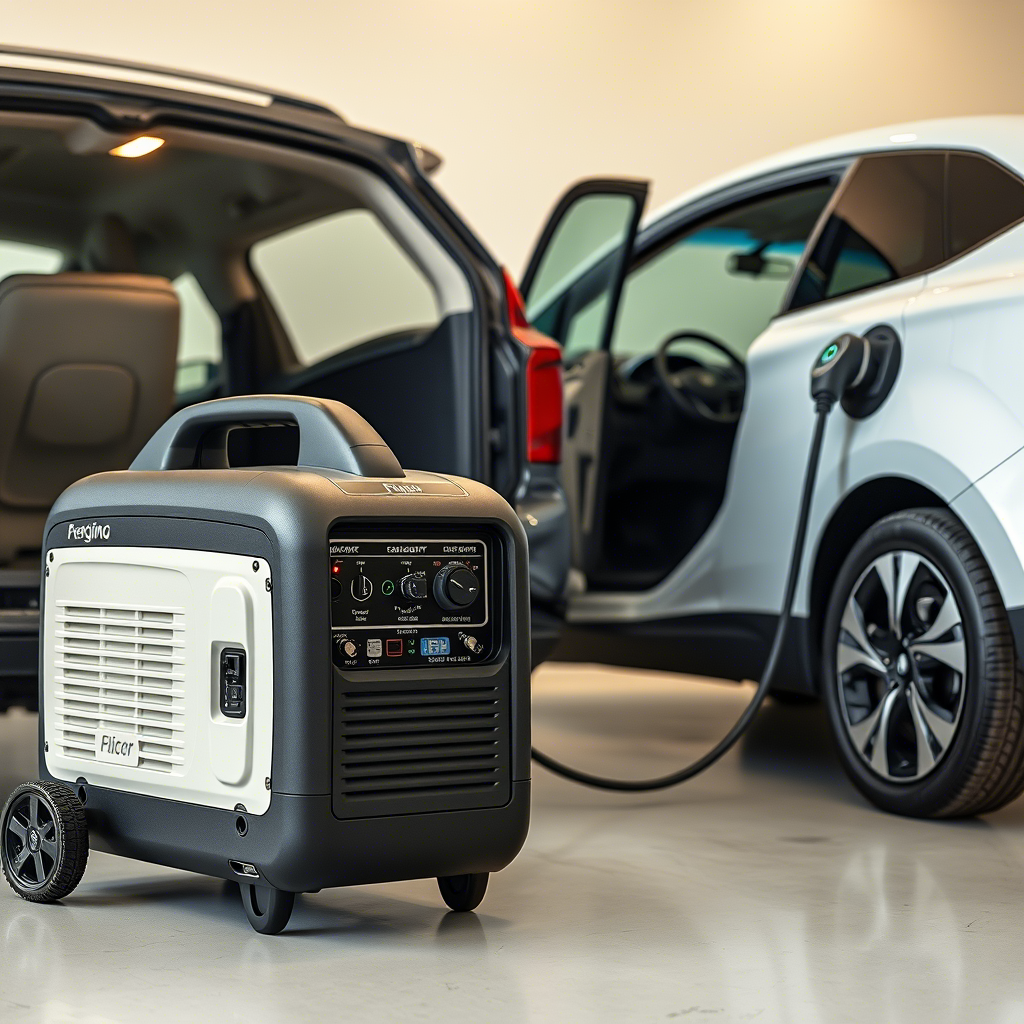Power Generators Compared To Solar Panels.
Solar panels and generators are both popular options for producing electricity, but they work in very different ways and have their own set of pros and cons. In this blog post, we’ll compare solar panels and generators and explore the benefits and drawbacks of each.
Solar Panels
Solar panels are devices that convert sunlight into electricity. They are made up of photovoltaic cells that generate electricity when exposed to sunlight. Solar panels are a clean and renewable energy source, as they do not produce any greenhouse gases or other pollutants during operation. They are also relatively low maintenance, as they do not have any moving parts and require minimal upkeep.
One of the main benefits of solar panels is their efficiency. Solar panels can generate electricity at a high-efficiency rate, with some panels converting over 25% of the sunlight they receive into electricity. They are also a cost-effective energy source, as the initial upfront cost can be offset by the savings on your electricity bill over time. Solar panels are also becoming increasingly affordable, as the cost of photovoltaic cells continues to decline.
There are also several drawbacks to solar panels. One of the main drawbacks is the initial upfront cost, which can be expensive. Solar panels also require a sunny location to operate at their best, so they may not be a practical option in areas with frequent clouds or inclement weather. Additionally, solar panels can take up a significant amount of space, and may not be a practical option for those with limited roof or ground space.
Generators
Generators are mechanical devices that produce electricity by converting mechanical energy into electrical energy. They are typically powered by gasoline, diesel, propane, or natural gas, and are used to provide backup or primary power in a variety of settings. Generators are a reliable and convenient energy source, as they can be used to power a wide range of appliances and devices.
One of the main benefits of generators is their portability. Generators come in a range of sizes and can be easily moved from one location to another. They are also relatively easy to use, as they require minimal setup and can be turned on and off with the flip of a switch. Generators are also a reliable energy source, as they can provide power even during a power outage.
There are also several drawbacks to generators. One of the main drawbacks is the cost of fuel, which can be expensive over time. Generators also produce greenhouse gases and other pollutants during operation, which can have negative environmental impacts. They are also relatively loud and can be disruptive to neighbors, especially when used for extended periods of time.
Conclusion
Both solar panels and generators are useful options for producing electricity, but they have their own set of benefits and drawbacks. Solar panels are a clean and renewable energy source that can be cost-effective over time, but they require a sunny location and can be expensive upfront. Generators are portable and convenient, but they require fuel and produce pollutants during operation. When deciding between solar panels and generators, it’s important to consider your energy needs, budget, and location.




